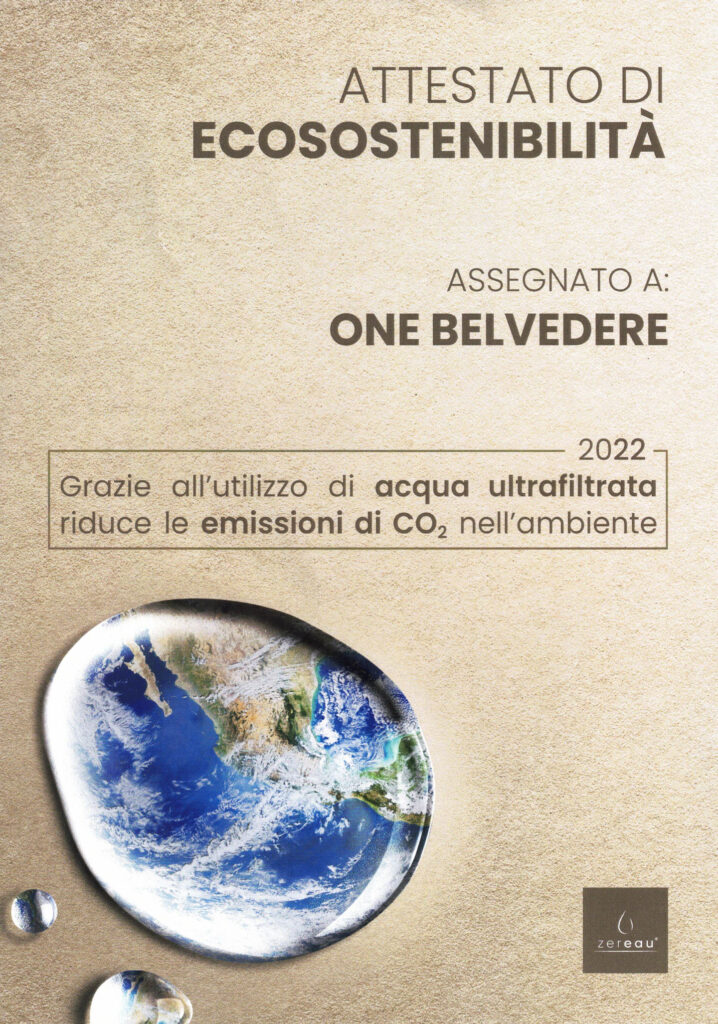There are many new methods for sustainability, but could permaculture be the most beneficial way to live and manage your business?
Nature is undeniably powerful; it can heal itself and provide a diverse range of resources for life on Earth. The global population continues to rise, and factors such as industrialization and urbanization have resulted in harmful rituals such as ecocide and deforestation that continue to harm the environment rather than making use of nature’s wonderful gifts.
Is it possible to achieve our man-made, twenty-first-century goals while not eradicating urbanization or industrialization?
Yes, it is possible, and it is known as permaculture.

What exactly is Permaculture?
Permaculture is defined as the practice of using land, resources, people, and the environment without producing waste and encouraging the use of nature’s closed-loop systems. In environmental terms, a closed-loop system is the ideal situation in which nothing is wasted.
It is a system that aims to integrate conceptual strategies to promote beneficial outcomes in situations where normally harmful environmental activities would result in disasters.
Permaculture can be integrated into society in a variety of ways, including regulating agriculture, sourcing water and energy, designing environmentally friendly buildings, reducing deforestation, managing, or reusing waste, promoting animal health, and improving a community’s economic and social circumstances.

The Evolution of Permaculture
David Holmren and Bill Mollison coined the term “permaculture” in the 1970s to promote sustainable land use.
Although they are thought to be the first to use the term, the ideals of permaculture in the modern sense date back to at least the early twentieth century, and the core practices date back thousands of years.
Permaculture gained popularity in Australia as a design system during the 1970s. The original meaning combined the words “permanent” and “agriculture,” referring to the creation of edible landscapes and food gardens to improve and sustain the local ecosystem.


The Permaculture Ethic
The value of natural systems serves as the ethical foundation for permaculture. They are as follows:
1. Environmental stewardship
2. Concern for people
3. Equitable Distribution

The Advantages of Permaculture
Whether you’re a farmer or a backyard gardener, permaculture has many advantages that make it an appealing option for people with land to grow food on. Here are some of the advantages:
Water bills can be reduced by using wastewater and rainwater. Watering your crops in this manner is beneficial to homeowners as well, but it is far more cost-effective and efficient for larger farms.
Nothing is wasted in a permaculture system. Garden waste, leaves, table scraps, and other waste products are used to make fertilizer or livestock feed. Some permaculture enthusiasts use compost toilets to truly live a zero-waste lifestyle. Permaculture is only sustainable because of its byproducts.
A permaculture system is less expensive than a traditional plant-growing system. You are not required to buy fertilizer or pesticides.
Permaculture is used to grow food, which is a more organic method. Tractors and other motorized farm equipment are rarely used.
Because permaculture uses natural fertilizers and pest management methods that are typically considered organic, you will not be exposed to as many chemicals as you would be if you used pesticides and other artificial goods on your crops.



The Purpose of Permaculture
The goal of permaculture is to design a system that extracts more energy from the environment than it requires.
Working with a closed-loop system that absorbs waste products and returns them to the system is typically required.
Permaculture is adaptable, and it is constantly evolving. Farmers who practice permaculture are constantly looking for better, more efficient ways to complete tasks and improve their understanding of nature.
SUMMARY:
Permaculture is the practice of using land, resources, people, and the environment without producing waste and encouraging the use of nature’s closed-loop systems. It can be integrated into society in a variety of ways, such as regulating agriculture, sourcing water and energy, designing environmentally friendly buildings, reducing deforestation, managing, or reusing waste, promoting animal health, and improving a community’s economic and social circumstances. The value of natural systems serves as the ethical foundation for permaculture, and it is in our best interests to protect our beautiful planet’s forests, waterways, and diverse life forms.


Permaculture principles include concern for the people, just sharing, capturing, and saving energy, paying attention and interacting with nature, producing no waste, appreciating and utilizing all available resources, determining the yield, using self-regulation and being open to feedback, making use of and value renewable resources, and integrating rather than segregating to create mutually beneficial relationships. Permaculture is an appealing option for people with land to grow food on due to its water conservation, reduced waste, and lower pollution.

It is also less expensive than traditional plant-growing systems, as it uses natural fertilizers and pest management methods that are typically considered organic. The purpose of permaculture is to design a system that extracts more energy from the environment than it requires, and it is adaptable and constantly evolving.
Thanks for joining us and coming along on this journey of discovery. To learn more about sustainable living and farming, please check back often for new articles.
Subscribe to our newsletters and feel free to share your experiences.
REFERENCES
(2019, February 4). Retrieved from You matter.
Amy. (2023, February 9). Home-Article. Retrieved from Tenth Acre Farm.
Folnovic, T. (n.d.). Retrieved from AGRIVI.
Home. (n.d.). Retrieved from Permaculture Research Institute:












